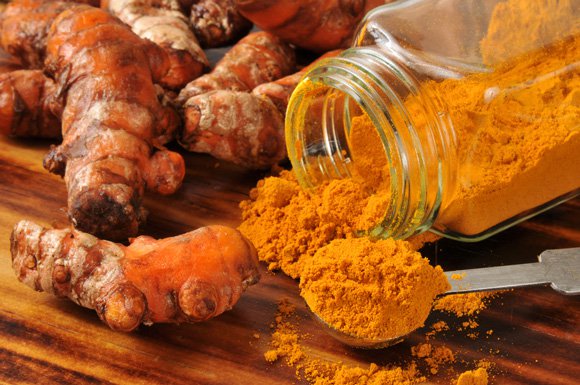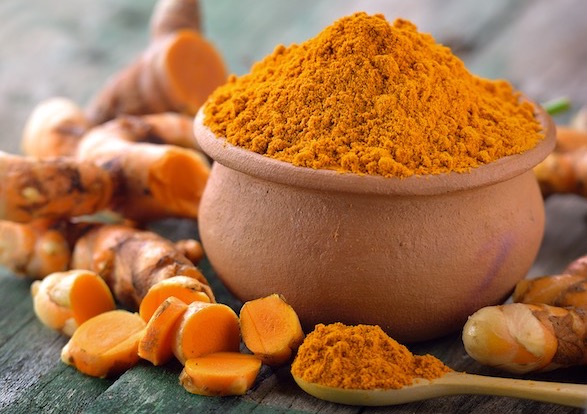2 minutes reading time
(416 words)
Turmeric Can Be A Powerful Natural Medicine
 Turmeric is a spice that falls into the 'healthy-for-you' category. Well known for delivering a distinctive flavor to Indian foods, it is believed that Turmeric is a potent anti-inflammatory and has traditionally been included for arthritis holistic therapies.
Turmeric is a spice that falls into the 'healthy-for-you' category. Well known for delivering a distinctive flavor to Indian foods, it is believed that Turmeric is a potent anti-inflammatory and has traditionally been included for arthritis holistic therapies.Depending on the types of foods you choose such as processed vs. whole, fried vs. baked and sugar and salt laden vs. naturally spiced; food can be the best medicine or a health hazard.
Turmeric is a spice that falls into the 'healthy-for-you' category. Well known for delivering a distinctive flavor to Indian foods, it is believed that Turmeric is a potent anti-inflammatory and has traditionally been included for arthritis holistic therapies. Although acute (short-term) inflammation is beneficial to your bodies systems, it can become a major problem when it is chronic (long-term). At that point it actually turns against the body’s own tissues? It is now believed that chronic, low-level inflammation plays a major role in many diseases. This includes heart disease, cancer, metabolic syndrome, Alzheimer’s and various degenerative conditions. If adding spices and foods that are known to reduce inflammation helps in addition to a medical regime, why wouldn't you?

The medicinal compounds in Turmeric are called curcuminoids, the most important of which is curcumin.
Curcumin is the main active ingredient in turmeric. It has powerful anti-inflammatory effects and is a very strong antioxidant. Unfortunately, it is difficult for the body to absorb. It helps to consume black pepper with it, which contains piperin, a natural substance that increases the absorption of curcumin.
According to WebMD, "Turmeric is used for arthritis, heartburn, stomach pain, diarrhea, intestinal gas, stomach bloating, loss of appetite, liver problems and gallbladder disorder.
It is also used for headaches, bronchitis, colds, lung infections, fibromyalgia, fever, menstrual problems, and cancer. Other uses include depression, Alzheimer's disease, water retention, worms, and kidney problems."
Healthline suggests basil is a delicious herb that might help lower your blood pressure. Extract of basil has been shown to reduce blood pressure, although only briefly. Adding fresh basil to your diet is easy and certainly can’t hurt. Keep a small pot of the herb in your kitchen garden and add the fresh leaves to pastas, soups, salads, and casseroles.
If you are thinking of trying herbs for medical reasons, whether that means using the whole herb or a supplements, speak to your doctor first. Some herbs, especially in large quantities, it may produce undesirable side effects or interfere with other medications.
Comments
No comments made yet. Be the first to submit a comment
